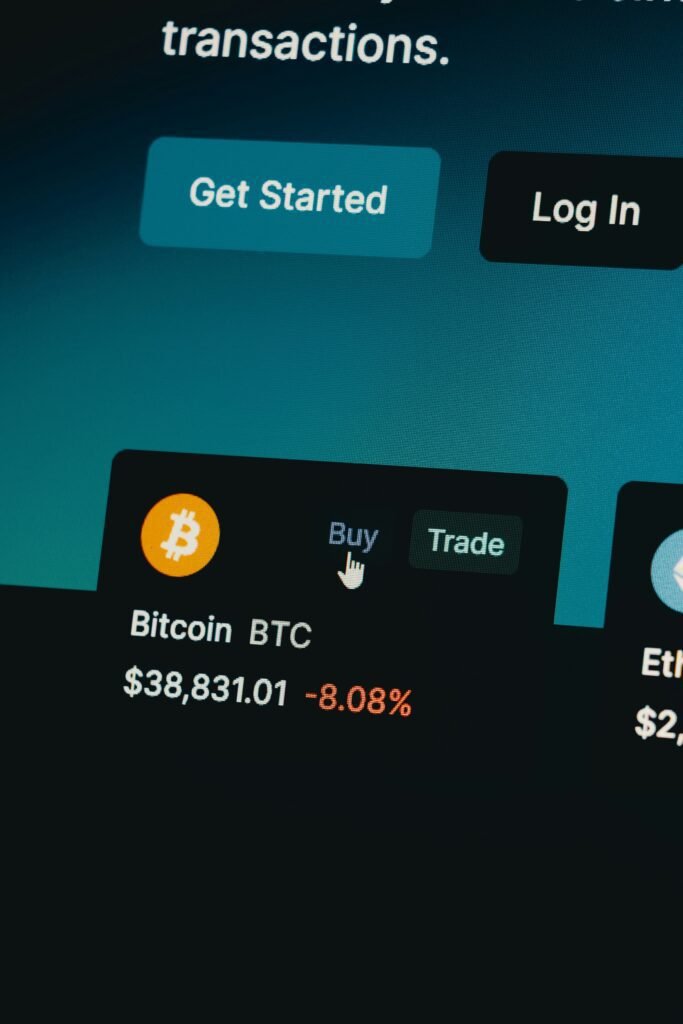Nasdaq has filed a rule change with the SEC to allow trading of tokenized stocks, a move that could reshape U.S. capital markets. The filing explains how tokenized stocks would be recorded, cleared with DTCC, and settled either on-chain or via traditional infrastructure. Market participants such as Robinhood and Kraken already experiment with tokenized securities on Layer-2 networks like Arbitrum. Industry leaders and regulators see tokenization of stocks as a potential efficiency and innovation upgrade to legacy systems. BlockAI summarizes what this means, who is involved, and how it could play out for traders and institutions.
Why tokenized stocks matter now
Tokenized stocks promise faster settlement, 24/7 trading windows, and programmable ownership rules that mimic traditional shareholder rights. Proponents claim tokenized stocks could lower friction, reduce custody complexity, and open new use cases for collateral and fractional ownership. Critics point to regulatory developments and compliance hurdles with the SEC as key gating items. For investors, tokenized stocks offer both new access and new operational questions.
Nasdaq’s proposal and the SEC role
Nasdaq’s filing to the SEC outlines a framework for trading tokenized stocks while communicating with the DTCC for clearing and custody reporting. The SEC will assess investor protections, market surveillance, and whether tokenized securities follow existing securities laws. Nasdaq’s approach explicitly allows tokenization to be implemented using blockchain technology or conventional systems. This hybrid stance aims to bridge regulatory comfort with technological innovation.
How DTCC and market infrastructure fit
The DTCC remains central for post-trade reporting and settlement assurances even as tokenized securities gain traction. Nasdaq proposes mechanisms so information about tokenized stocks flows into DTCC records, preserving reconciliation and risk controls. Integrating tokenized stocks with DTCC reduces systemic risk concerns and eases institutional adoption. The outcome depends on technical standards and regulatory approval.
Blockchain technology and Layer-2 solutions
Many tokenization trials use Layer-2 solutions to scale tokenized stocks trading without bloating main chains. Layer-2 solutions like Arbitrum have hosted tokenized stock experiments, helping firms test custody, transfer, and settlement flows. Whether tokenized stocks run fully on-chain or in hybrid models, blockchain technology provides cryptographic provenance that appeals to digital-asset firms. Practical adoption will hinge on interoperability, throughput, and regulatory clarity.
Who’s testing tokenization: Robinhood and Kraken
Robinhood, Kraken, and other retail-friendly platforms have already piloted tokenized securities in limited markets. Robinhood’s work and Kraken’s experiments show demand from retail traders and a path for cross-border tokenized stocks offerings. Institutional players, including asset managers and exchanges, are watching to see if tokenization of stocks scales beyond pilots. Widespread launch requires coordination between exchanges, brokers, the DTCC, and regulators.
What traders should watch next
Watch for SEC feedback, Nasdaq’s final rule outcome, and technical standards for tokenized stocks settlement. Regulatory developments will determine how quickly tokenized securities move from pilot to mainstream. Traders should monitor Layer-2 progress, custody solutions, and announcements from Robinhood, Kraken, and major custodians. If approved, tokenized stocks could change liquidity windows and open new trading strategies.
Frequently asked questions about tokenized stocks (faq)
What are tokenized stocks?
Tokenized stocks are digital representations of equity that use tokens to denote ownership or claims on traditional shares.
Will tokenized stocks replace regular stocks?
Not immediately. Tokenized stocks aim to complement existing markets, often integrating with DTCC and legacy systems.
Are tokenized stocks legal in the U.S.?
Legal status depends on SEC approval and compliance with securities laws; Nasdaq’s filing is a key step toward clarity.
How do Layer-2 solutions like Arbitrum relate to tokenized stocks?
Layer-2 solutions provide scalable infrastructure for tokenized stocks pilots, enabling faster and cheaper transfers.
Which firms are leading tokenization work?
Nasdaq, Robinhood, Kraken, major asset managers, and infrastructure providers are active in tokenized securities development.
Sources to this article
Nasdaq (2025) ‘Rule change filing to allow trading of tokenized stocks’, Nasdaq filings. SEC (2025) ‘Commentary on tokenized securities and market structure’, U.S. Securities and Exchange Commission. Robinhood (2023) ‘Tokenized securities pilot announcement’, company releases. DTCC (2025) ‘Post-trade processing and tokenized assets’, DTCC statements.



